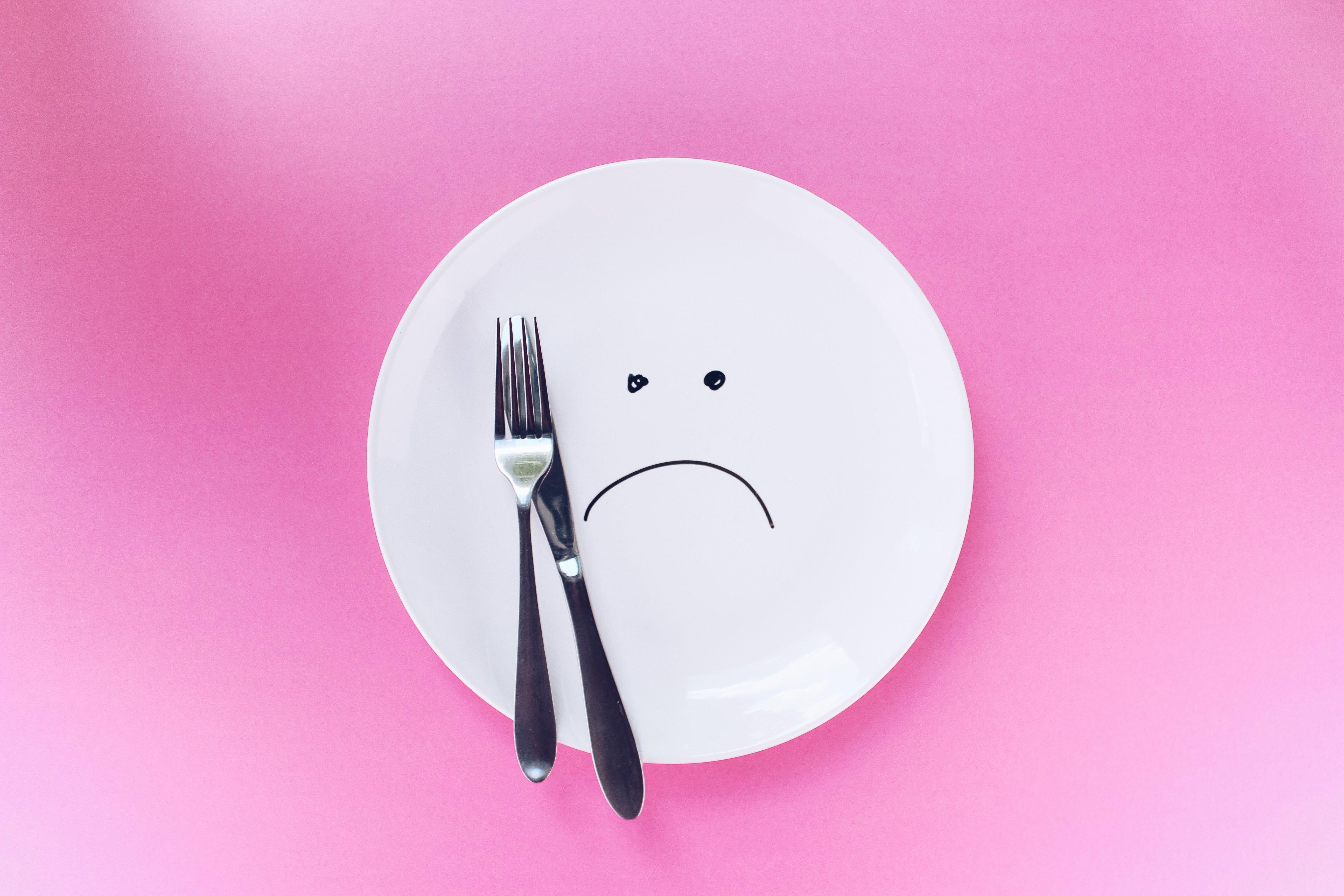IT’S SPRING! WHY YOU DON’T HAVE TO FEEL HAPPY
Spring is finally here. People are wearing shorts, the birds are infectiously happy, flowers are blooming everywhere. In the grocery store today, a man told me, “You look so sad. Be happy! The weather is beautiful.” While there’s always room for gratitude in our days, and nice weather certainly can be something to be grateful for, I’m here to tell you why you don’t have to be happy.
There are admittedly many proven mental health benefits to Springtime. The increase in daylight provides a boost in one’s serotonin levels (serotonin is a crucial ingredient for feelings of happiness). And during the new season, people don’t need to expend as much energy to fight off the drowsiness that occurs when it’s darker outside. Also, people tend to socialize in the Springtime more, which comes with other mood-enhancing benefits; for example, laughing with friends or hugging loved ones, both of which release important endorphins.

With all of this bright light, social bustle, and beautiful, blooming nature, there can be an unspoken expectation to be as happy as possible all the time. But, for a number of reasons, many of us don’t feel happy during Spring … or we don’t feel as happy as other folks seem to think we should. And I would like to detail a number of reasons for why we may not feel happy, despite the beautiful weather and chipper social milieu:
- The expectation to be happy itself can be stressful, and can, perversely, end up making us feel less happy. It is very alienating to be pressured to feel a certain way when you don’t already feel that way to begin with, and this social pressure is severely heightened in Springtime.
- The warmer weather can make it more difficult to think clearly on a physical level. Ideally, Spring is a time of moderate levels of warmth that help us adjust to the oncoming heatwave of the Summer. But in reality, Spring is often dramatically warmer than we expect or want it to be, and those changes usually happen without warning.
- A third reason is that many of us need to spend our days indoors during these lovely Spring days. Students are busy studying for exams. Office workers continue to spend eight hours a day inside, regardless of the season. That disconnect between desire and reality can be very demoralizing.
- Some people experience a problem with sinuses during this time, which can make simple things like going on a walk in your neighborhood very unenjoyable.
- Perhaps most importantly, it is important to remember that the regular ups and downs of life continue to happen in Spring, despite the shifting climate. For some folks, Spring is the anniversary of a loved one’s passing. Other people are experiencing terrible illness. There are folks who lose their job in Spring, or get into a car accident. The mere existence of warm weather and budding cherry blossoms does not erase the usual tribulations of life.

While there are likewise many reasons to enjoy the season, it’s important that we be aware of our own impulse to assume that everyone else is happy, or that everyone else should be happy, or that we should be happy. Spring is a time of should-ing. We “should” all over each other during this season, a practice that often makes even the enjoyable aspects less enjoyable.
As you move about in the world during this season of opening and renewal, remember to hold yourselves and others in a place of understanding and compassion. If you find yourself feeling sad, angry, frustrated, hopeless, etc., remind yourself that those emotions are a part of life, no matter the season. The same goes with other people whom you interact with. Every season is the right season to treat yourself and others with compassion, and to reach out for the help that you need.




